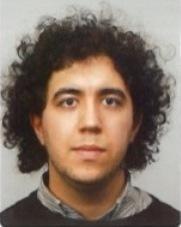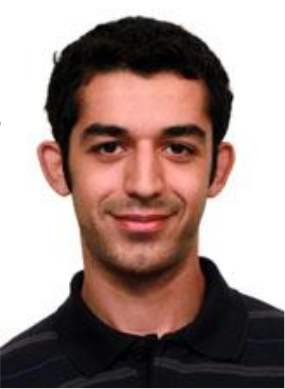Events in November 2017
-
Networks, Systems and Services, Distributed Computing: Part III
Networks, Systems and Services, Distributed Computing: Part III
November 6, 2017Talk 1
General Interest - AnnouncementTitle:
Presentation of the Inria Hub event.Speaker:
Thibaud Klotczko - SEDTalk 2
Scientific talk
Title:
An introduction to the game of Cops and RobbersSpeaker:
Fionn Mc Inerney - COATIAbstract:
Pursuit-evasion games on graphs have been vastly studied with the game of Cops and Robbers being one of the most famous. In this game, a team of cops move around in a graph, trying to capture a robber who is also mobile. Both sets of players may move to an adjacent vertex on their turn. The aim of the game is to determine the cop number of a graph which is the minimum number of cops needed to guarantee capturing the robber on that graph. This talk will consist of a very brief introduction to graph theory, followed by the basics of the game of Cops and Robbers, some main results of the game, and some open questions. -
Networks, Systems and Services, Distributed Computing: Part IV
Networks, Systems and Services, Distributed Computing: Part IV
November 20, 2017 Talk 1
Talk 1Title:
A Low-Complexity Approach to Distributed Cooperative Caching with Geographic ConstraintsSpeaker:
Berksan Serbetci - (University of Twente) visitor in team NEOAbstract:
Data traffic in cellular networks is rapidly expanding and existing network infrastructures will not be able to support this demand in the upcoming years. An essential bottleneck will be formed by the backhaul links that connect base stations to the core network. A promising means to increase efficiency is to proactively cache data in the base stations. In this work, we develop a distributed asynchronous algorithm for cellular networks to decide which content to store in which cache. We relate our problem to a potential game and our algorithm is derived from the best response dynamics. The algorithm finds the best Nash equilibrium corresponding to the global optimum in most cases of interest, and always performs significantly better than traditional placement policies.Talk 2

Title:
Non-Linear feedback control strategies for Unmanned Air VehiclesSpeaker:
Jean Marie Kai - OSCARAbstract:
Nonlinear control techniques for fixed aerial vehicles are presented. First a hierarchical control scheme for a class of underactuated robotic vehicles is introduced with global stability and convergence properties based on classical Lyapunov-type design. Practical aspects, as embedded system architecture and implementation techniques are explained, and different methods for hardware in the loop simulation and experimental validation are shown. The position/velocity control loop is then detailed with a highlight on feedforward action that relies on a specific model of aerodynamic forces acting on the aircraft. Finally the solution is adapted to trajectory tracking and path following applications.





